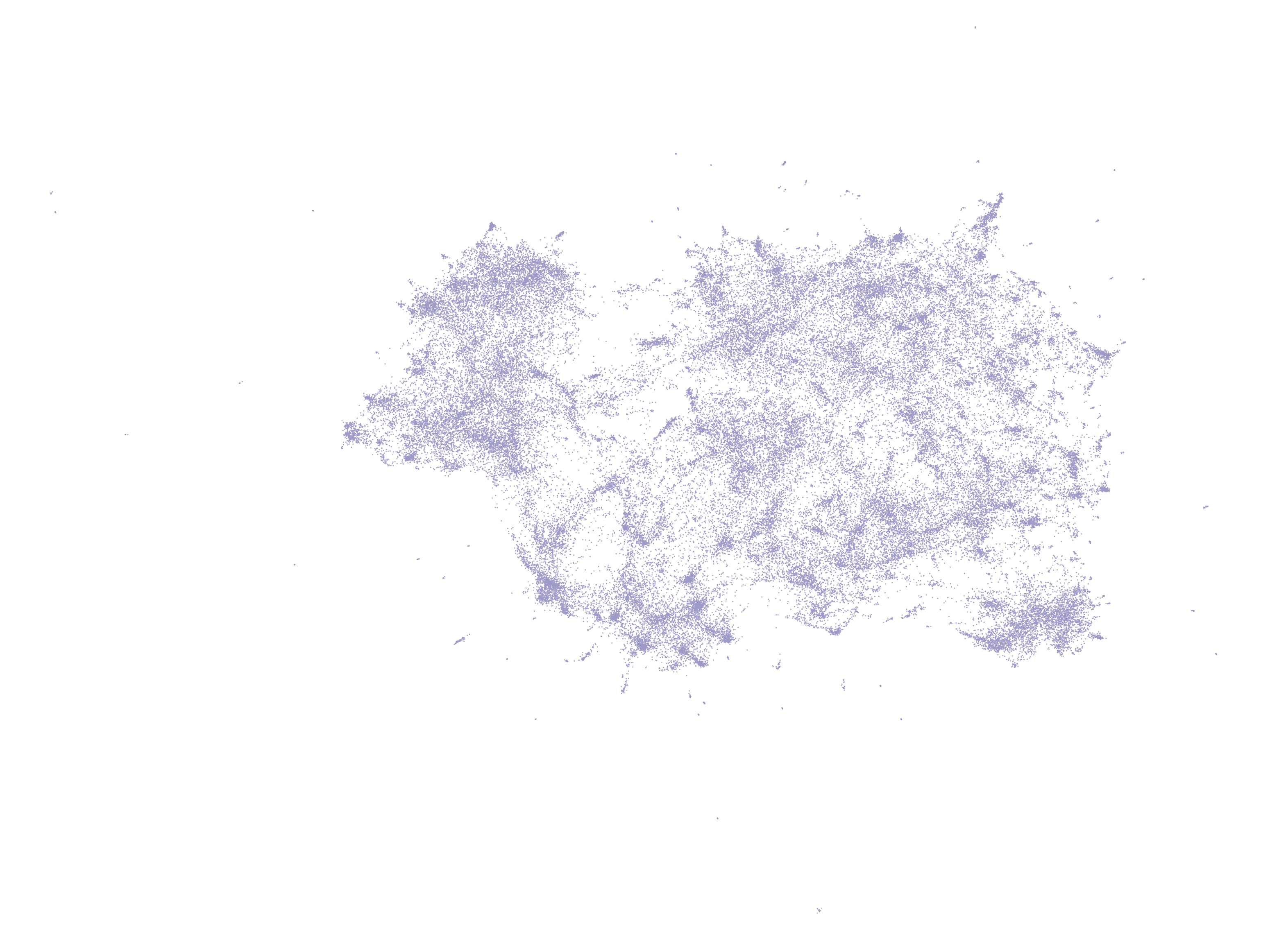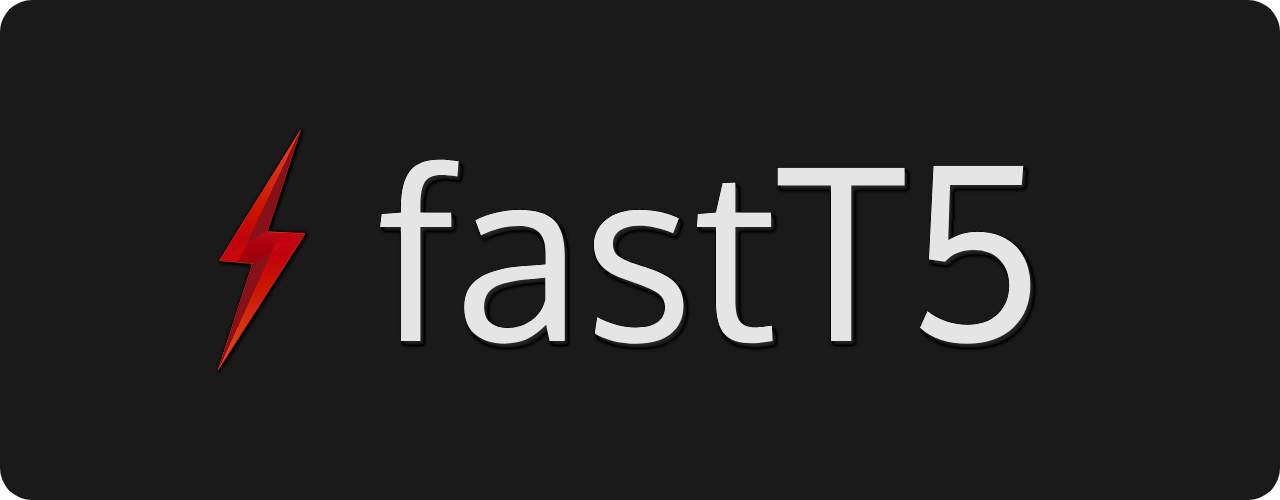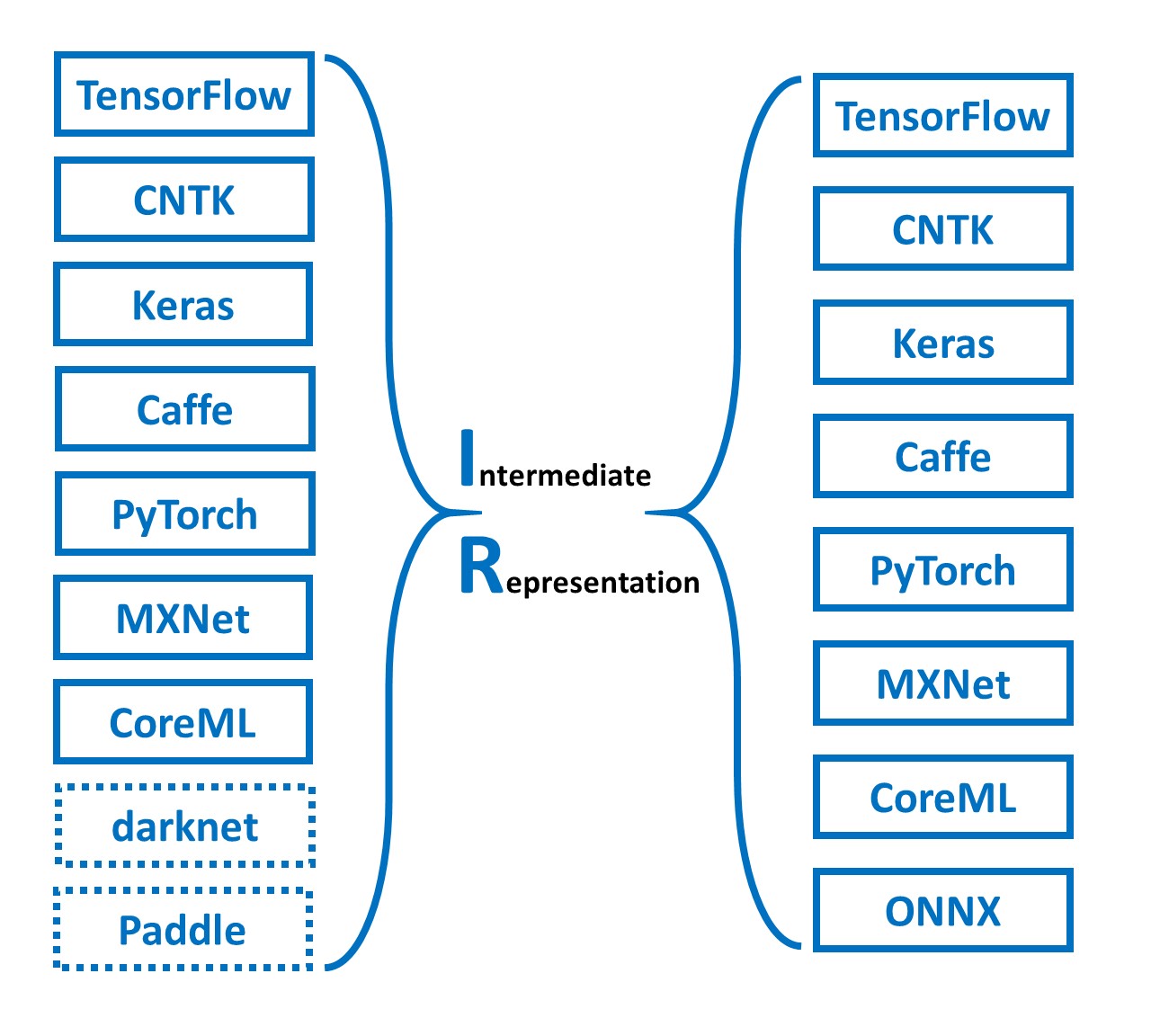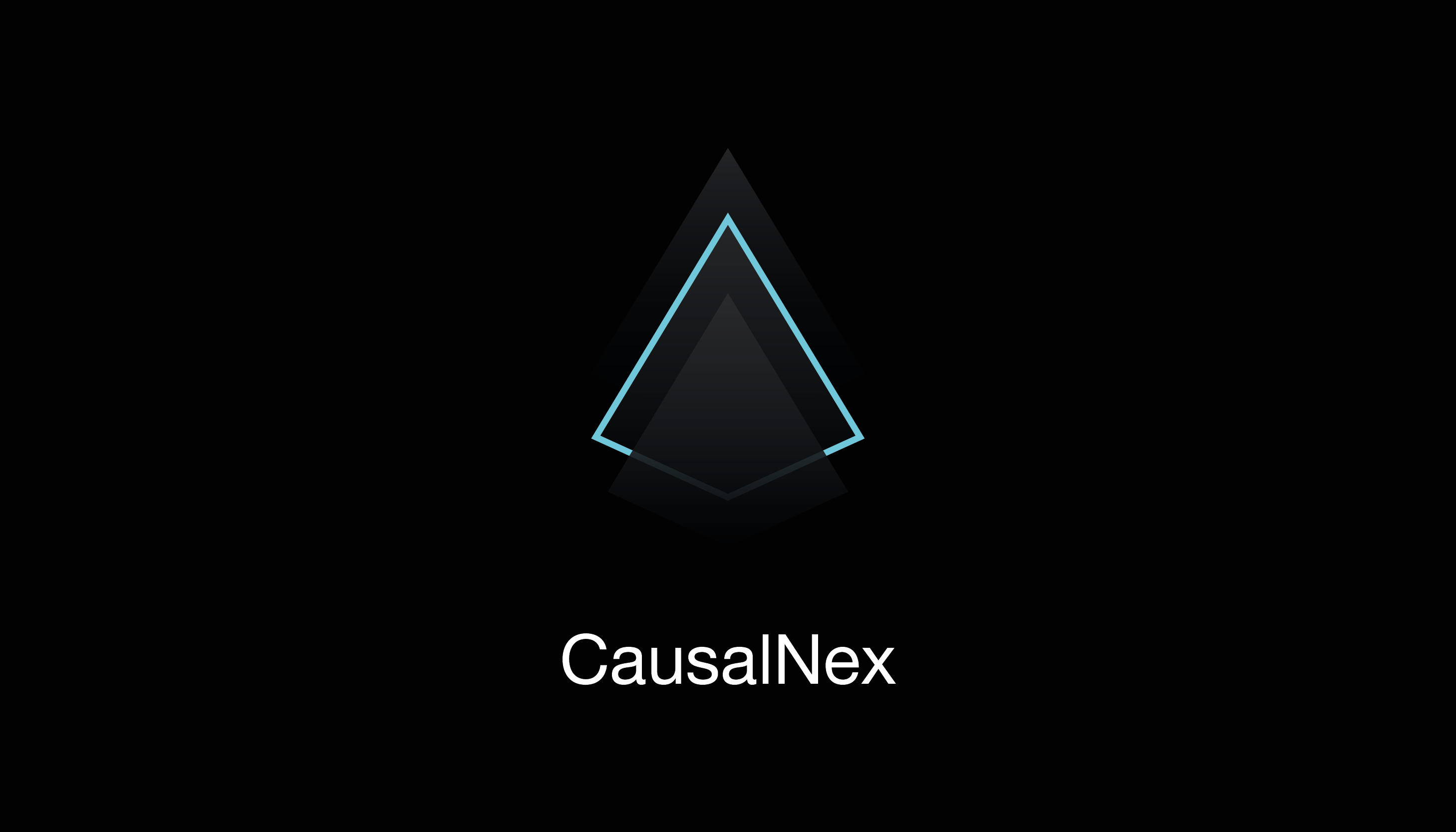1177 Repositories
Python bdd100k-models Libraries

Pretrained Pytorch face detection (MTCNN) and recognition (InceptionResnet) models
Face Recognition Using Pytorch Python 3.7 3.6 3.5 Status This is a repository for Inception Resnet (V1) models in pytorch, pretrained on VGGFace2 and
Sandbox for training deep learning networks
Deep learning networks This repo is used to research convolutional networks primarily for computer vision tasks. For this purpose, the repo contains (
Fine-tune pretrained Convolutional Neural Networks with PyTorch
Fine-tune pretrained Convolutional Neural Networks with PyTorch. Features Gives access to the most popular CNN architectures pretrained on ImageNet. A
Quickly comparing your image classification models with the state-of-the-art models (such as DenseNet, ResNet, ...)
Image Classification Project Killer in PyTorch This repo is designed for those who want to start their experiments two days before the deadline and ki
A Pythonic introduction to methods for scaling your data science and machine learning work to larger datasets and larger models, using the tools and APIs you know and love from the PyData stack (such as numpy, pandas, and scikit-learn).
This tutorial's purpose is to introduce Pythonistas to methods for scaling their data science and machine learning work to larger datasets and larger models, using the tools and APIs they know and love from the PyData stack (such as numpy, pandas, and scikit-learn).

Python library containing BART query generation and BERT-based Siamese models for neural retrieval.
Neural Retrieval Embedding-based Zero-shot Retrieval through Query Generation leverages query synthesis over large corpuses of unlabeled text (such as

QA-GNN: Question Answering using Language Models and Knowledge Graphs
QA-GNN: Question Answering using Language Models and Knowledge Graphs This repo provides the source code & data of our paper: QA-GNN: Reasoning with L
Try out deep learning models online on Google Colab
Try out deep learning models online on Google Colab
Mind the Trade-off: Debiasing NLU Models without Degrading the In-distribution Performance
Models for natural language understanding (NLU) tasks often rely on the idiosyncratic biases of the dataset, which make them brittle against test cases outside the training distribution.
Newt - a Gaussian process library in JAX.
Newt __ \/_ (' \`\ _\, \ \\/ /`\/\ \\ \ \\
Russian GPT3 models.
Russian GPT-3 models (ruGPT3XL, ruGPT3Large, ruGPT3Medium, ruGPT3Small) trained with 2048 sequence length with sparse and dense attention blocks. We also provide Russian GPT-2 large model (ruGPT2Large) trained with 1024 sequence length.
Introducing neural networks to predict stock prices
IntroNeuralNetworks in Python: A Template Project IntroNeuralNetworks is a project that introduces neural networks and illustrates an example of how o
Platform for building statistical models of cities and regions
UrbanSim UrbanSim is a platform for building statistical models of cities and regions. These models help forecast long-range patterns in real estate d
PyTorch implementation of Algorithm 1 of "On the Anatomy of MCMC-Based Maximum Likelihood Learning of Energy-Based Models"
Code for On the Anatomy of MCMC-Based Maximum Likelihood Learning of Energy-Based Models This repository will reproduce the main results from our pape
《K-Adapter: Infusing Knowledge into Pre-Trained Models with Adapters》(2020)
K-Adapter: Infusing Knowledge into Pre-Trained Models with Adapters This repository is the implementation of the paper "K-Adapter: Infusing Knowledge

Learning recognition/segmentation models without end-to-end training. 40%-60% less GPU memory footprint. Same training time. Better performance.
InfoPro-Pytorch The Information Propagation algorithm for training deep networks with local supervision. (ICLR 2021) Revisiting Locally Supervised Lea
Set of models for classifcation of 3D volumes
Classification models 3D Zoo - Keras and TF.Keras This repository contains 3D variants of popular CNN models for classification like ResNets, DenseNet
Code for pre-training CharacterBERT models (as well as BERT models).
Pre-training CharacterBERT (and BERT) This is a repository for pre-training BERT and CharacterBERT. DISCLAIMER: The code was largely adapted from an o
Official PyTorch implementation of MX-Font (Multiple Heads are Better than One: Few-shot Font Generation with Multiple Localized Experts)
Introduction Pytorch implementation of Multiple Heads are Better than One: Few-shot Font Generation with Multiple Localized Expert. | paper Song Park1
A collection of scripts to preprocess ASR datasets and finetune language-specific Wav2Vec2 XLSR models
wav2vec-toolkit A collection of scripts to preprocess ASR datasets and finetune language-specific Wav2Vec2 XLSR models This repository accompanies the
Source code for the GPT-2 story generation models in the EMNLP 2020 paper "STORIUM: A Dataset and Evaluation Platform for Human-in-the-Loop Story Generation"
Storium GPT-2 Models This is the official repository for the GPT-2 models described in the EMNLP 2020 paper [STORIUM: A Dataset and Evaluation Platfor
Code, Data and Demo for Paper: Controllable Generation from Pre-trained Language Models via Inverse Prompting
InversePrompting Paper: Controllable Generation from Pre-trained Language Models via Inverse Prompting Code: The code is provided in the "chinese_ip"
Official code for the CVPR 2021 paper "How Well Do Self-Supervised Models Transfer?"
How Well Do Self-Supervised Models Transfer? This repository hosts the code for the experiments in the CVPR 2021 paper How Well Do Self-Supervised Mod
(ImageNet pretrained models) The official pytorch implemention of the TPAMI paper "Res2Net: A New Multi-scale Backbone Architecture"
Res2Net The official pytorch implemention of the paper "Res2Net: A New Multi-scale Backbone Architecture" Our paper is accepted by IEEE Transactions o

Top2Vec is an algorithm for topic modeling and semantic search.
Top2Vec is an algorithm for topic modeling and semantic search. It automatically detects topics present in text and generates jointly embedded topic, document and word vectors.
Neural models of common sense. 🤖
Unicorn on Rainbow Neural models of common sense. This repository is for the paper: Unicorn on Rainbow: A Universal Commonsense Reasoning Model on a N
This project is part of Eleuther AI's quest to create a massive repository of high quality text data for training language models.
This project is part of Eleuther AI's quest to create a massive repository of high quality text data for training language models.

A novel method to tune language models. Codes and datasets for paper ``GPT understands, too''.
P-tuning A novel method to tune language models. Codes and datasets for paper ``GPT understands, too''. How to use our code We have released the code

Viewflow is an Airflow-based framework that allows data scientists to create data models without writing Airflow code.
Viewflow Viewflow is a framework built on the top of Airflow that enables data scientists to create materialized views. It allows data scientists to f

Automated Machine Learning Pipeline with Feature Engineering and Hyper-Parameters Tuning
The mljar-supervised is an Automated Machine Learning Python package that works with tabular data. I

A probabilistic programming library for Bayesian deep learning, generative models, based on Tensorflow
ZhuSuan is a Python probabilistic programming library for Bayesian deep learning, which conjoins the complimentary advantages of Bayesian methods and
A probabilistic programming language in TensorFlow. Deep generative models, variational inference.
Edward is a Python library for probabilistic modeling, inference, and criticism. It is a testbed for fast experimentation and research with probabilis
Describing statistical models in Python using symbolic formulas
Patsy is a Python library for describing statistical models (especially linear models, or models that have a linear component) and building design mat

A Python package for Bayesian forecasting with object-oriented design and probabilistic models under the hood.
Disclaimer This project is stable and being incubated for long-term support. It may contain new experimental code, for which APIs are subject to chang
Python Library for learning (Structure and Parameter) and inference (Statistical and Causal) in Bayesian Networks.
pgmpy pgmpy is a python library for working with Probabilistic Graphical Models. Documentation and list of algorithms supported is at our official sit

Fast, flexible and easy to use probabilistic modelling in Python.
Please consider citing the JMLR-MLOSS Manuscript if you've used pomegranate in your academic work! pomegranate is a package for building probabilistic
Hidden Markov Models in Python, with scikit-learn like API
hmmlearn hmmlearn is a set of algorithms for unsupervised learning and inference of Hidden Markov Models. For supervised learning learning of HMMs and

Scikit-learn compatible estimation of general graphical models
skggm : Gaussian graphical models using the scikit-learn API In the last decade, learning networks that encode conditional independence relationships

Differentiable SDE solvers with GPU support and efficient sensitivity analysis.
PyTorch Implementation of Differentiable SDE Solvers This library provides stochastic differential equation (SDE) solvers with GPU support and efficie
Pretrained EfficientNet, EfficientNet-Lite, MixNet, MobileNetV3 / V2, MNASNet A1 and B1, FBNet, Single-Path NAS
(Generic) EfficientNets for PyTorch A 'generic' implementation of EfficientNet, MixNet, MobileNetV3, etc. that covers most of the compute/parameter ef

Rembg Video Virtual Green Screen Edition
Rembg Virtual Greenscreen Edition is a tool to create a green screen matte for videos
Decentralized deep learning in PyTorch. Built to train models on thousands of volunteers across the world.
Hivemind: decentralized deep learning in PyTorch Hivemind is a PyTorch library to train large neural networks across the Internet. Its intended usage
Petastorm library enables single machine or distributed training and evaluation of deep learning models from datasets in Apache Parquet format. It supports ML frameworks such as Tensorflow, Pytorch, and PySpark and can be used from pure Python code.
Petastorm Contents Petastorm Installation Generating a dataset Plain Python API Tensorflow API Pytorch API Spark Dataset Converter API Analyzing petas

AtsPy: Automated Time Series Models in Python (by @firmai)
Automated Time Series Models in Python (AtsPy) SSRN Report Easily develop state of the art time series models to forecast univariate data series. Simp

Automatically build ARIMA, SARIMAX, VAR, FB Prophet and XGBoost Models on Time Series data sets with a Single Line of Code. Now updated with Dask to handle millions of rows.
Auto_TS: Auto_TimeSeries Automatically build multiple Time Series models using a Single Line of Code. Now updated with Dask. Auto_timeseries is a comp

A python library for easy manipulation and forecasting of time series.
Time Series Made Easy in Python darts is a python library for easy manipulation and forecasting of time series. It contains a variety of models, from
A statistical library designed to fill the void in Python's time series analysis capabilities, including the equivalent of R's auto.arima function.
pmdarima Pmdarima (originally pyramid-arima, for the anagram of 'py' + 'arima') is a statistical library designed to fill the void in Python's time se
ARCH models in Python
arch Autoregressive Conditional Heteroskedasticity (ARCH) and other tools for financial econometrics, written in Python (with Cython and/or Numba used
Qlib is an AI-oriented quantitative investment platform, which aims to realize the potential, empower the research, and create the value of AI technologies in quantitative investment. With Qlib, you can easily try your ideas to create better Quant investment strategies.
Qlib is an AI-oriented quantitative investment platform, which aims to realize the potential, empower the research, and create the value of AI technol
Source code, datasets and trained models for the paper Learning Advanced Mathematical Computations from Examples (ICLR 2021), by François Charton, Amaury Hayat (ENPC-Rutgers) and Guillaume Lample
Maths from examples - Learning advanced mathematical computations from examples This is the source code and data sets relevant to the paper Learning a

Diverse Image Captioning with Context-Object Split Latent Spaces (NeurIPS 2020)
Diverse Image Captioning with Context-Object Split Latent Spaces This repository is the PyTorch implementation of the paper: Diverse Image Captioning

CDIoU and CDIoU loss is like a convenient plug-in that can be used in multiple models. CDIoU and CDIoU loss have different excellent performances in several models such as Faster R-CNN, YOLOv4, RetinaNet and . There is a maximum AP improvement of 1.9% and an average AP of 0.8% improvement on MS COCO dataset, compared to traditional evaluation-feedback modules. Here we just use as an example to illustrate the code.
CDIoU-CDIoUloss CDIoU and CDIoU loss is like a convenient plug-in that can be used in multiple models. CDIoU and CDIoU loss have different excellent p

⚡ boost inference speed of T5 models by 5x & reduce the model size by 3x using fastT5.
Reduce T5 model size by 3X and increase the inference speed up to 5X. Install Usage Details Functionalities Benchmarks Onnx model Quantized onnx model

Monocular Depth Estimation - Weighted-average prediction from multiple pre-trained depth estimation models
merged_depth runs (1) AdaBins, (2) DiverseDepth, (3) MiDaS, (4) SGDepth, and (5) Monodepth2, and calculates a weighted-average per-pixel absolute dept
Repository providing a wide range of self-supervised pretrained models for computer vision tasks.
Hierarchical Pretraining: Research Repository This is a research repository for reproducing the results from the project "Self-supervised pretraining
This repository lets you train neural networks models for performing end-to-end full-page handwriting recognition using the Apache MXNet deep learning frameworks on the IAM Dataset.
Handwritten Text Recognition (OCR) with MXNet Gluon These notebooks have been created by Jonathan Chung, as part of his internship as Applied Scientis

TensorFlow code for the neural network presented in the paper: "Structural Language Models of Code" (ICML'2020)
SLM: Structural Language Models of Code This is an official implementation of the model described in: "Structural Language Models of Code" [PDF] To ap

中文语音识别系列,读者可以借助它快速训练属于自己的中文语音识别模型,或直接使用预训练模型测试效果。
MASR中文语音识别(pytorch版) 开箱即用 自行训练 使用与训练分离(增量训练) 识别率高 说明:因为每个人电脑机器不同,而且有些安装包安装起来比较麻烦,强烈建议直接用我编译好的docker环境跑 目前docker基础环境为ubuntu-cuda10.1-cudnn7-pytorch1.6.
(under submission) Bayesian Integration of a Generative Prior for Image Restoration
BIGPrior: Towards Decoupling Learned Prior Hallucination and Data Fidelity in Image Restoration Authors: Majed El Helou, and Sabine Süsstrunk {Note: p

Deep generative modeling for time-stamped heterogeneous data, enabling high-fidelity models for a large variety of spatio-temporal domains.
Neural Spatio-Temporal Point Processes [arxiv] Ricky T. Q. Chen, Brandon Amos, Maximilian Nickel Abstract. We propose a new class of parameterizations
🦉Data Version Control | Git for Data & Models
Website • Docs • Blog • Twitter • Chat (Community & Support) • Tutorial • Mailing List Data Version Control or DVC is an open-source tool for data sci

Code for ICLR 2021 Paper, "Anytime Sampling for Autoregressive Models via Ordered Autoencoding"
Anytime Autoregressive Model Anytime Sampling for Autoregressive Models via Ordered Autoencoding , ICLR 21 Yilun Xu, Yang Song, Sahaj Gara, Linyuan Go
Beyond the Imitation Game collaborative benchmark for enormous language models
BIG-bench 🪑 The Beyond the Imitation Game Benchmark (BIG-bench) will be a collaborative benchmark intended to probe large language models, and extrap
Scripts of Machine Learning Algorithms from Scratch. Implementations of machine learning models and algorithms using nothing but NumPy with a focus on accessibility. Aims to cover everything from basic to advance.
Algo-ScriptML Python implementations of some of the fundamental Machine Learning models and algorithms from scratch. The goal of this project is not t
Django project starter on steroids: quickly create a Django app AND generate source code for data models + REST/GraphQL APIs (the generated code is auto-linted and has 100% test coverage).
Create Django App 💛 We're a Django project starter on steroids! One-line command to create a Django app with all the dependencies auto-installed AND
Code associated with the "Data Augmentation using Pre-trained Transformer Models" paper
Data Augmentation using Pre-trained Transformer Models Code associated with the Data Augmentation using Pre-trained Transformer Models paper Code cont

MMdnn is a set of tools to help users inter-operate among different deep learning frameworks. E.g. model conversion and visualization. Convert models between Caffe, Keras, MXNet, Tensorflow, CNTK, PyTorch Onnx and CoreML.
MMdnn MMdnn is a comprehensive and cross-framework tool to convert, visualize and diagnose deep learning (DL) models. The "MM" stands for model manage
A library for hidden semi-Markov models with explicit durations
hsmmlearn hsmmlearn is a library for unsupervised learning of hidden semi-Markov models with explicit durations. It is a port of the hsmm package for

Scikit-learn compatible estimation of general graphical models
skggm : Gaussian graphical models using the scikit-learn API In the last decade, learning networks that encode conditional independence relationships

Visualizer for neural network, deep learning, and machine learning models
Netron is a viewer for neural network, deep learning and machine learning models. Netron supports ONNX (.onnx, .pb, .pbtxt), Keras (.h5, .keras), Tens
Interpretability and explainability of data and machine learning models
AI Explainability 360 (v0.2.1) The AI Explainability 360 toolkit is an open-source library that supports interpretability and explainability of datase

FairML - is a python toolbox auditing the machine learning models for bias.
======== FairML: Auditing Black-Box Predictive Models FairML is a python toolbox auditing the machine learning models for bias. Description Predictive

Algorithms for monitoring and explaining machine learning models
Alibi is an open source Python library aimed at machine learning model inspection and interpretation. The focus of the library is to provide high-qual

Ludwig is a toolbox that allows to train and evaluate deep learning models without the need to write code.
Translated in 🇰🇷 Korean/ Ludwig is a toolbox that allows users to train and test deep learning models without the need to write code. It is built on
📝 Wrapper library for text generation / language models at char and word level with RNN in TensorFlow
tensorlm Generate Shakespeare poems with 4 lines of code. Installation tensorlm is written in / for Python 3.4+ and TensorFlow 1.1+ pip3 install tenso
Datasets, Transforms and Models specific to Computer Vision
torchvision The torchvision package consists of popular datasets, model architectures, and common image transformations for computer vision. Installat

Probabilistic programming framework that facilitates objective model selection for time-varying parameter models.
Time series analysis today is an important cornerstone of quantitative science in many disciplines, including natural and life sciences as well as eco
![[HELP REQUESTED] Generalized Additive Models in Python](https://github.com/dswah/pyGAM/raw/master/imgs/pygam_tensor.png)
[HELP REQUESTED] Generalized Additive Models in Python
pyGAM Generalized Additive Models in Python. Documentation Official pyGAM Documentation: Read the Docs Building interpretable models with Generalized
Highly interpretable classifiers for scikit learn, producing easily understood decision rules instead of black box models
Highly interpretable, sklearn-compatible classifier based on decision rules This is a scikit-learn compatible wrapper for the Bayesian Rule List class

50% faster, 50% less RAM Machine Learning. Numba rewritten Sklearn. SVD, NNMF, PCA, LinearReg, RidgeReg, Randomized, Truncated SVD/PCA, CSR Matrices all 50+% faster
[Due to the time taken @ uni, work + hell breaking loose in my life, since things have calmed down a bit, will continue commiting!!!] [By the way, I'm

OpenChat: Opensource chatting framework for generative models
OpenChat is opensource chatting framework for generative models.

A Python library that helps data scientists to infer causation rather than observing correlation.
A Python library that helps data scientists to infer causation rather than observing correlation.
A wiki system with complex functionality for simple integration and a superb interface. Store your knowledge with style: Use django models.
django-wiki Django support The below table explains which Django versions are supported. Release Django Upgrade from 0.7.x 2.2, 3.0, 3.1 0.5 or 0.6 0.
🦉Data Version Control | Git for Data & Models
Website • Docs • Blog • Twitter • Chat (Community & Support) • Tutorial • Mailing List Data Version Control or DVC is an open-source tool for data sci

Admin Panel for GinoORM - ready to up & run (just add your models)
Gino-Admin Docs (state: in process): Gino-Admin docs Play with Demo (current master 0.2.3) Gino-Admin demo (login: admin, pass: 1234) Admin

FastAPI Skeleton App to serve machine learning models production-ready.
FastAPI Model Server Skeleton Serving machine learning models production-ready, fast, easy and secure powered by the great FastAPI by Sebastián Ramíre
Release for Improved Denoising Diffusion Probabilistic Models
improved-diffusion This is the codebase for Improved Denoising Diffusion Probabilistic Models. Usage This section of the README walks through how to t

BitPack is a practical tool to efficiently save ultra-low precision/mixed-precision quantized models.
BitPack is a practical tool that can efficiently save quantized neural network models with mixed bitwidth.

Reviving Iterative Training with Mask Guidance for Interactive Segmentation
This repository provides the source code for training and testing state-of-the-art click-based interactive segmentation models with the official PyTorch implementation
ForecastGA is a Python tool to forecast Google Analytics data using several popular time series models.
ForecastGA is a tool that combines a couple of popular libraries, Atspy and googleanalytics, with a few enhancements.
Pre-trained NFNets with 99% of the accuracy of the official paper
NFNet Pytorch Implementation This repo contains pretrained NFNet models F0-F6 with high ImageNet accuracy from the paper High-Performance Large-Scale

FastAPI Skeleton App to serve machine learning models production-ready.
FastAPI Model Server Skeleton Serving machine learning models production-ready, fast, easy and secure powered by the great FastAPI by Sebastián Ramíre

Facilitating the design, comparison and sharing of deep text matching models.
MatchZoo Facilitating the design, comparison and sharing of deep text matching models. MatchZoo 是一个通用的文本匹配工具包,它旨在方便大家快速的实现、比较、以及分享最新的深度文本匹配模型。 🔥 News

🏖 Easy training and deployment of seq2seq models.
Headliner Headliner is a sequence modeling library that eases the training and in particular, the deployment of custom sequence models for both resear
Sequence-to-sequence framework with a focus on Neural Machine Translation based on Apache MXNet
Sockeye This package contains the Sockeye project, an open-source sequence-to-sequence framework for Neural Machine Translation based on Apache MXNet

:house_with_garden: Fast & easy transfer learning for NLP. Harvesting language models for the industry. Focus on Question Answering.
(Framework for Adapting Representation Models) What is it? FARM makes Transfer Learning with BERT & Co simple, fast and enterprise-ready. It's built u

Super easy library for BERT based NLP models
Fast-Bert New - Learning Rate Finder for Text Classification Training (borrowed with thanks from https://github.com/davidtvs/pytorch-lr-finder) Suppor

A full spaCy pipeline and models for scientific/biomedical documents.
This repository contains custom pipes and models related to using spaCy for scientific documents. In particular, there is a custom tokenizer that adds

A framework for training and evaluating AI models on a variety of openly available dialogue datasets.
ParlAI (pronounced “par-lay”) is a python framework for sharing, training and testing dialogue models, from open-domain chitchat, to task-oriented dia